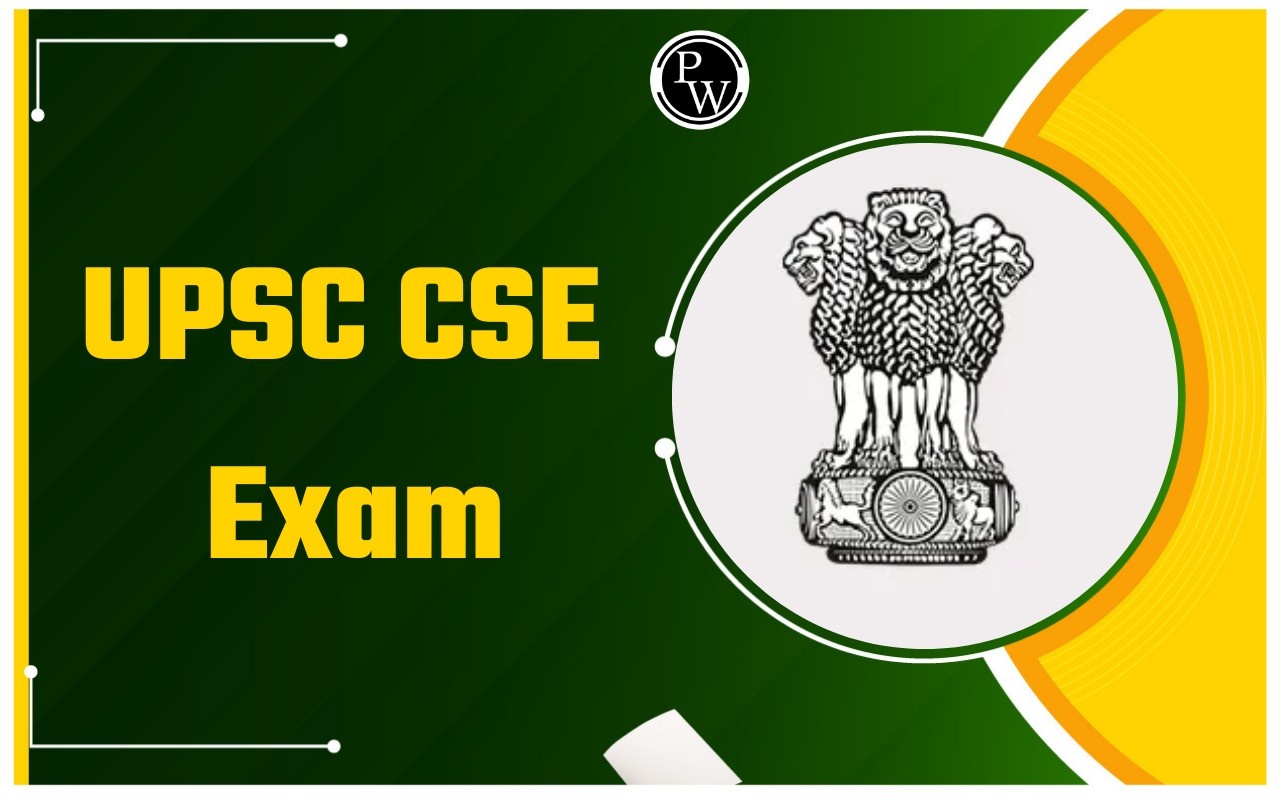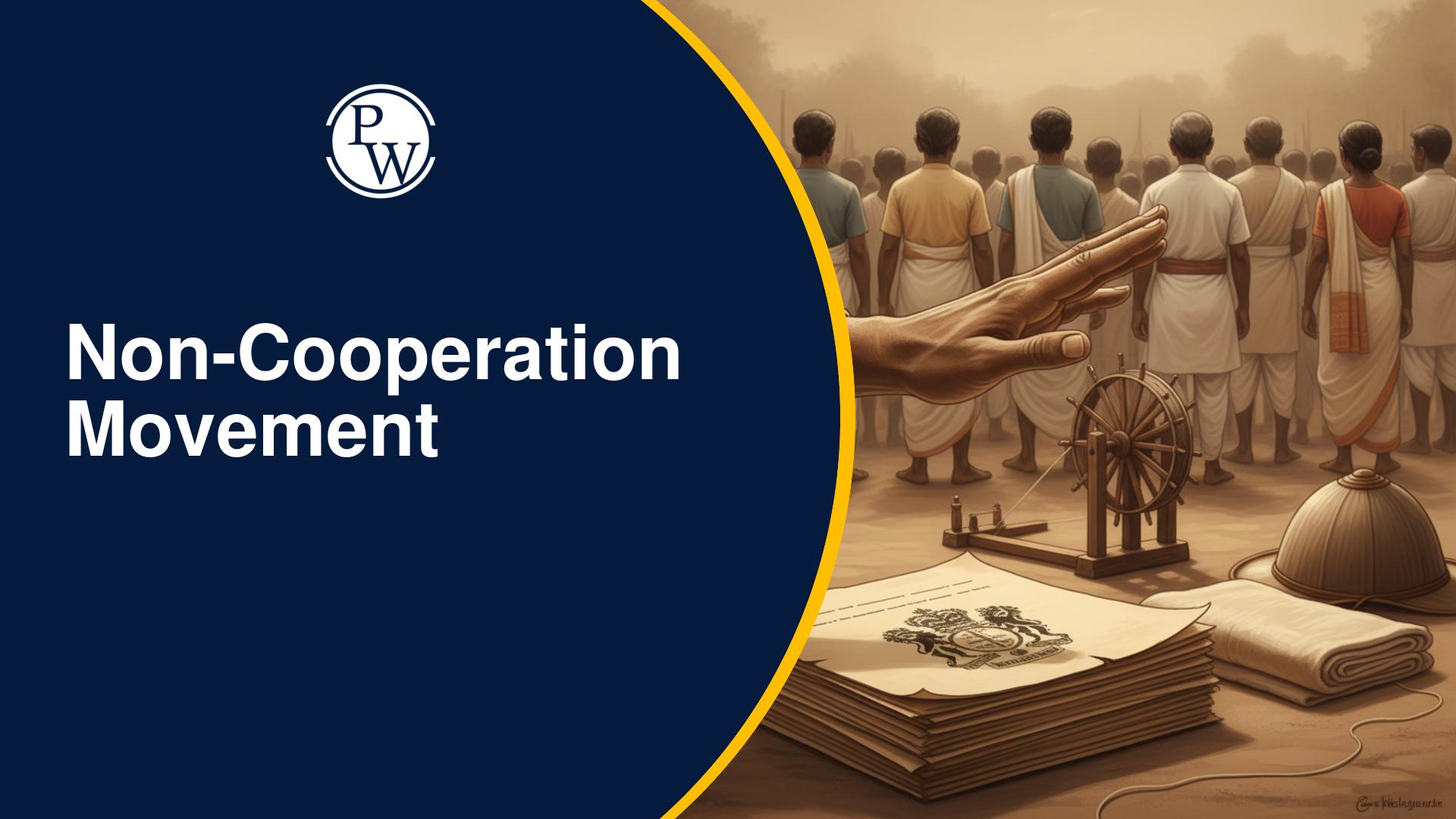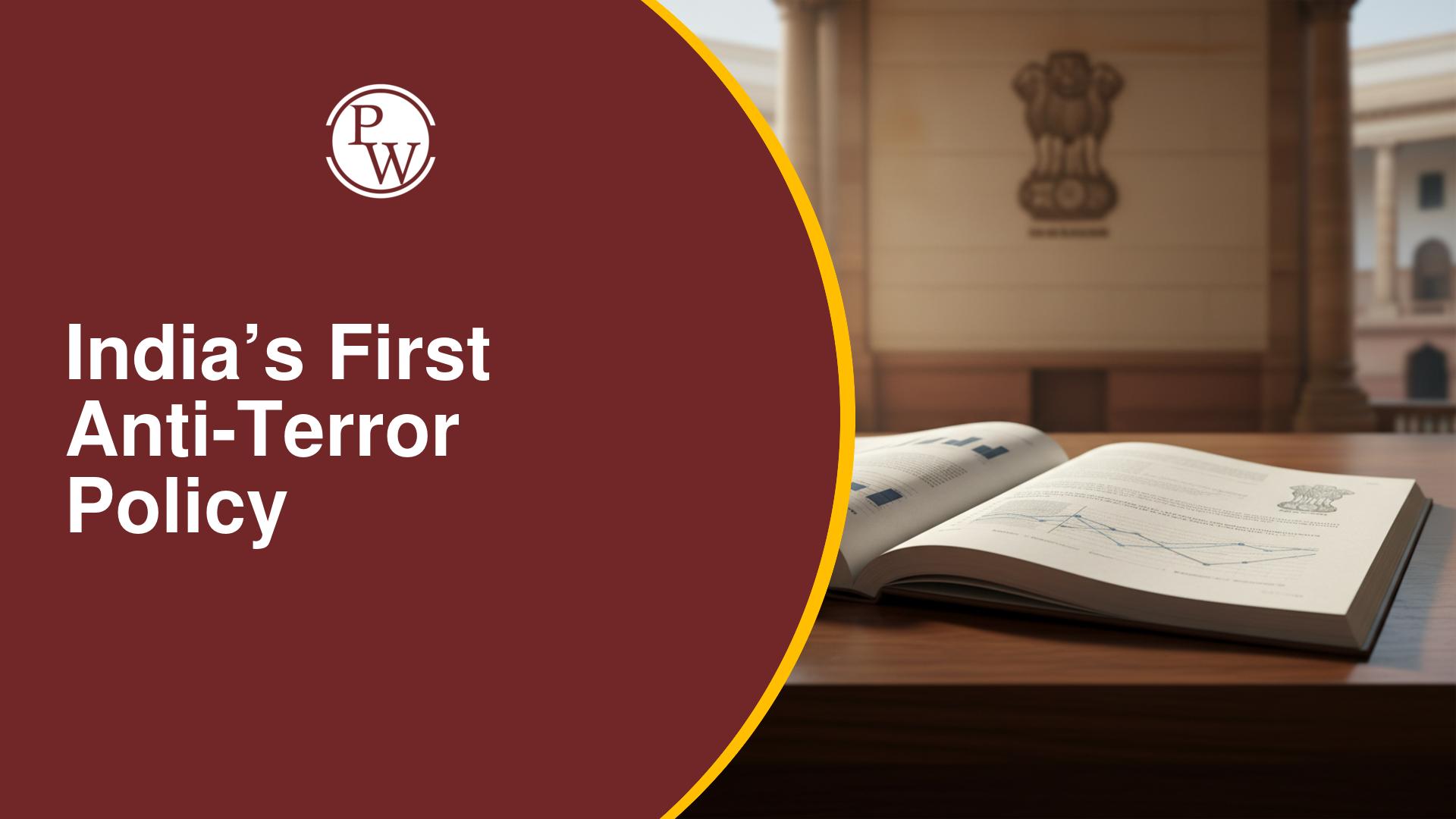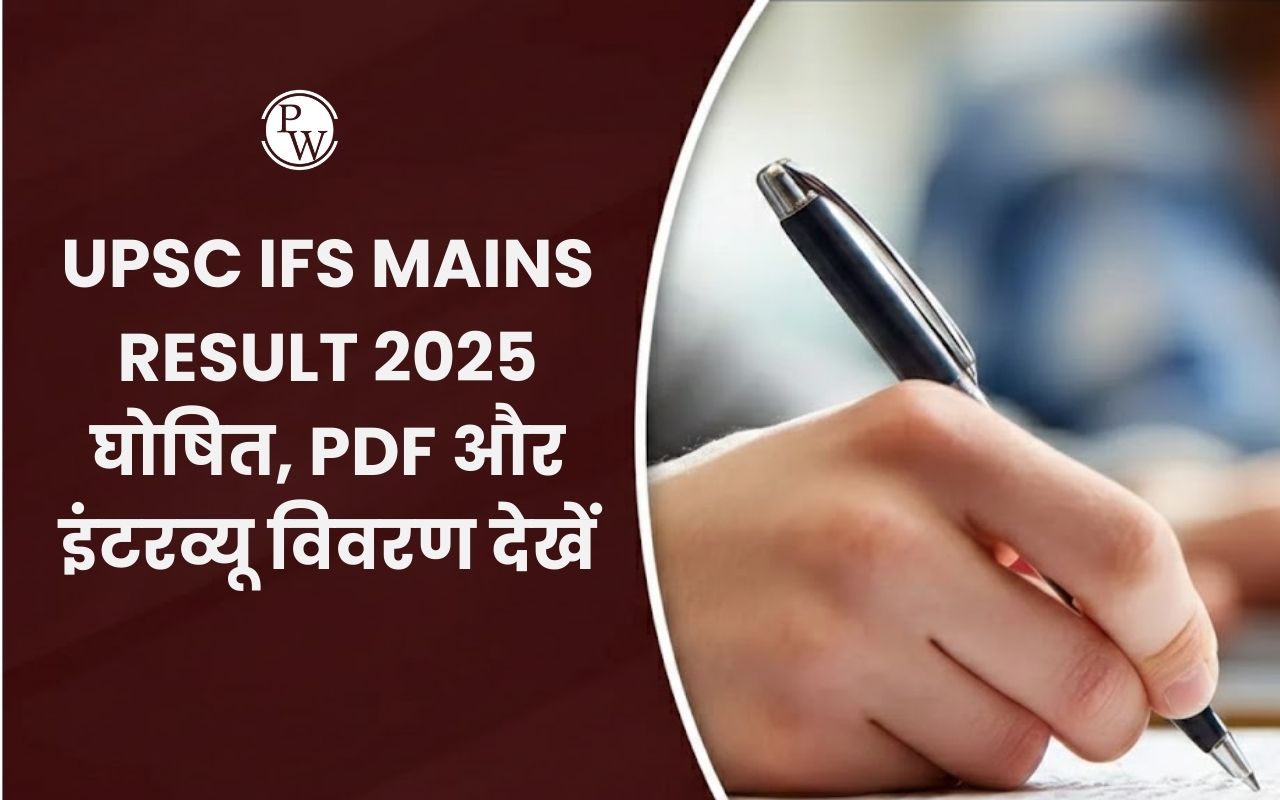
Bar Council of India (BCI) is the supreme statutory body responsible for managing the legal profession and education across the country. Established by the Parliament under the Advocates Act, 1961, this important organization acts as the primary regulator for all lawyers in India. Its main duties involve prescribing the essential standards of professional conduct and ethical behavior for advocates.
The BCI oversees the entire system of legal studies, including setting educational rules, granting recognition to law colleges, and conducting the mandatory All India Bar Examination (AIBE). Understanding this body's composition and functions is crucial for any student preparing for the civil services examination.
Bar Council of India (BCI)
The Bar Council of India is a statutory body. This means it was created by a specific Act of Parliament. Its main job is to regulate and represent the lawyers, also known as the 'Bar,' in India.
Establishment and Foundation: The BCI was set up under the Advocates Act, 1961.
-
Year of Establishment: 1961.
-
Creating Act: The Advocates Act, 1961.
-
Nature of Body: Statutory and autonomous (self-governing).
-
Recommendation: Its establishment was based on the proposals of the All India Bar Committee (1953) and the Law Commission of India (1958).
Bar Council of India Latest News
Bar Council of India (BCI) has been highly active recently, focusing on both the regulation of legal education and the integrity of the profession.
1. Regulation of Legal Education
-
Three-Year Moratorium on New Law Colleges: The BCI has enforced the Rules of Legal Education-Moratorium, 2025, which imposes a complete, three-year ban on the establishment and approval of new law colleges or Centers of Legal Education (CLEs). This strict measure is aimed at curbing the commercialization of legal education and ensuring only institutions that meet high standards can operate.
-
Curriculum Overhaul for New Criminal Laws: Institutions offering law degrees have been mandated to incorporate the three new criminal enactments the Bharatiya Nyaya Sanhita, 2023, the Bharatiya Nagarik Suraksha Sanhita, 2023, and the Bharatiya Sakshya Adhiniyam, 2023 into their curriculum. This is crucial for the 2024-2025 academic session to ensure new law graduates are prepared for the updated legal framework.
-
Emphasis on Technology and Core Values: The BCI has directed law colleges to integrate subjects like Blockchains, Artificial Intelligence, and Cyber-Security, and to strengthen the study of Constitutional Values and Mediation in line with the National Education Policy (NEP).
2. Integrity and Disciplinary Action
-
Removal of Advocate for Fake Degree: In a major move to uphold professional standards, the BCI ordered the immediate removal of an advocate from the rolls of the Bar Council of Delhi after their law degree was confirmed to be fake. The BCI flagged this as an "exceptional case" and exposed a disturbing pattern of potential collusion involving touts, intermediaries, and internal staff at the State Bar Council level. The BCI has mandated a comprehensive inquiry into all suspicious past enrolments.
Composition of the Bar Council of India
The BCI is made up of a mix of elected members and members who hold their positions automatically due to the post they hold (Ex-officio members).
Ex-officio Members (Automatic Membership)
Two high-ranking law officers of the Government of India are permanent members of the BCI:
-
The Attorney-General of India.
-
The Solicitor-General of India.
Elected Members
-
The remaining members are elected.
-
One member is elected from among the members of each State Bar Council (SBC).
-
These elected members serve a term of five years.
The BCI also elects its own Chairman and Vice-Chairman from among its members for a term of two years.
Functions of the Bar Council of India
The functions of the BCI are defined in Section 7 of the Advocates Act, 1961. These duties cover three main areas: regulating the legal profession, managing legal education, and acting as a representative body.
1. Regulation of Professional Conduct
-
It sets the standards of professional conduct and etiquette (rules of behavior) that all advocates must follow.
-
It lays down the process for its disciplinary committee and the disciplinary committees of the State Bar Councils.
-
It has disciplinary jurisdiction over the Bar.
2. Legal Education
-
It promotes legal education and sets the standards for such education in consultation with Universities and State Bar Councils.
-
It recognizes Universities whose law degrees will qualify a student for enrollment as an advocate.
-
For this purpose, the BCI visits and inspects universities and law colleges.
-
It conducts the All India Bar Examination (AIBE), which an advocate must pass after enrollment to practice law in courts.
3. Representative and Welfare Role
-
It works to protect the rights, privileges, and interests of advocates.
-
It promotes and supports law reform.
-
It organizes legal aid to the poor.
-
It supervises and controls the functioning of the State Bar Councils.
Bar Council of India FAQs
What is the Bar Council of India for UPSC exam preparation?
Under which Act was the BCI established?
Who are the Ex-officio members of the BCI?
What is the role of BCI in legal education?










